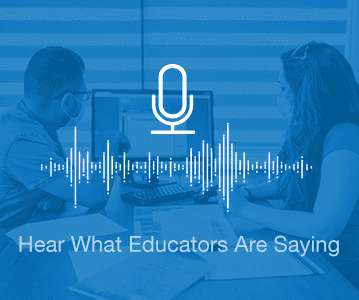Virginia district launches summer kindergarten readiness initiative
eSchool News
JUNE 9, 2016
It has helped millions of students worldwide to improve their reading and writing skills, master increasingly rigorous academic standards, and prepare for high-stakes assessments. “We
















Let's personalize your content